Migrating Geese Avoid Offshore Wind Farms, Says Study
By monitoring the movement of pink-footed geese over four years, researchers were able to detect changes in flight patterns around two newly erected offshore wind farms in the UK, suggesting that the species can identify the threat and avoid the spinning blades.
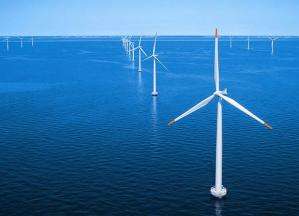
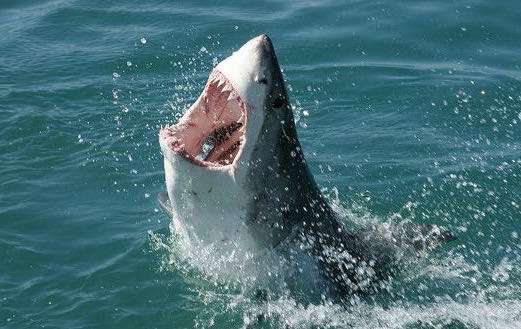
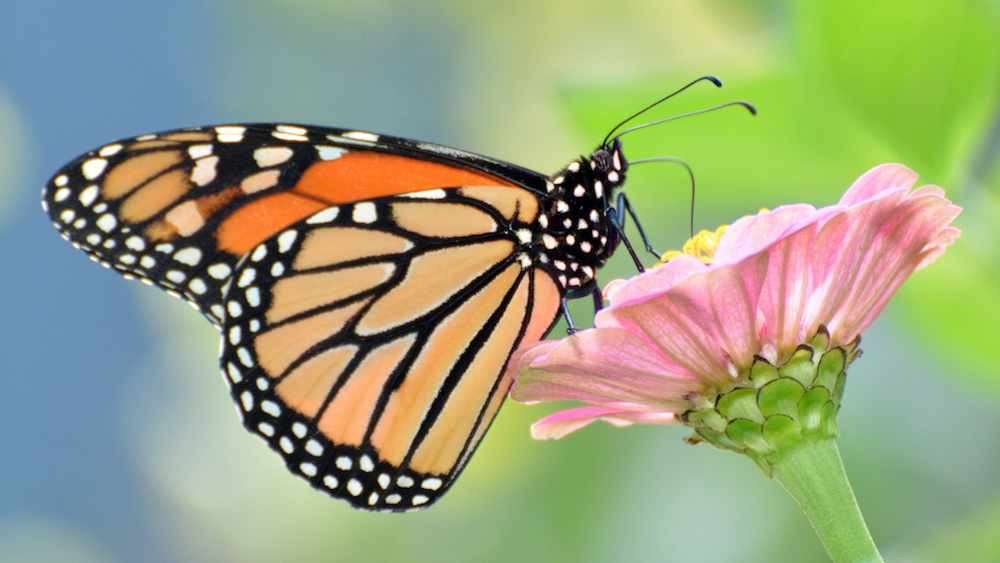
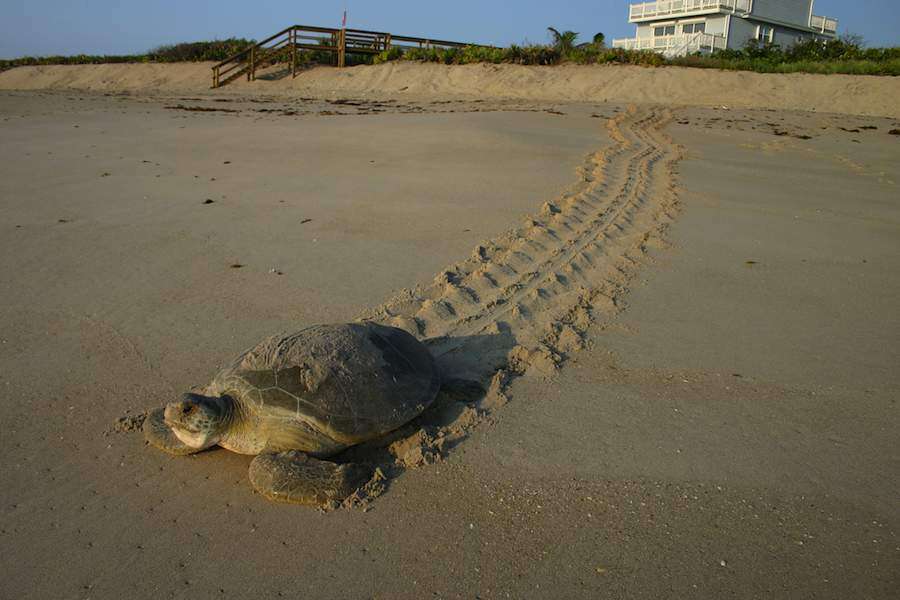
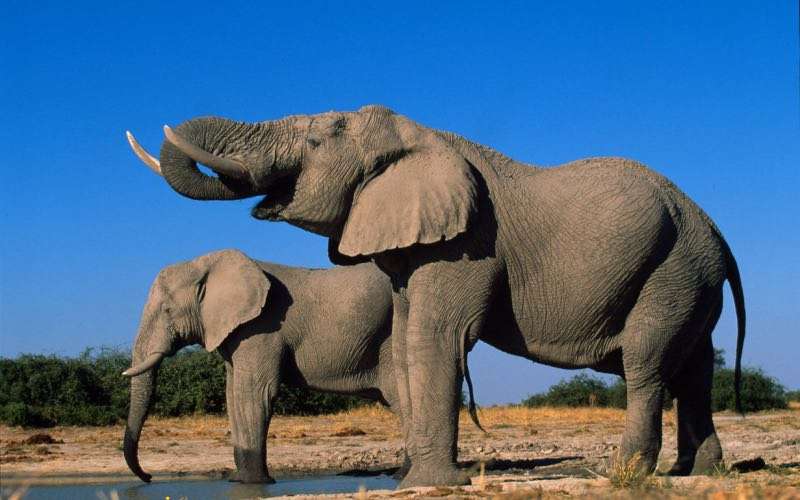
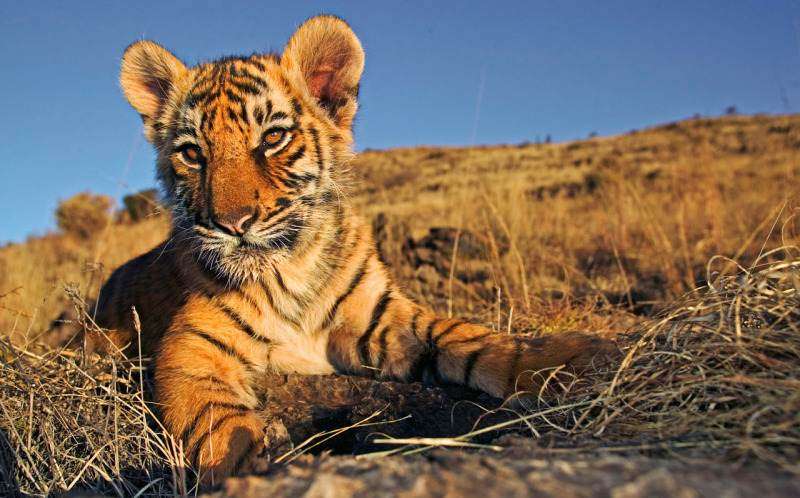
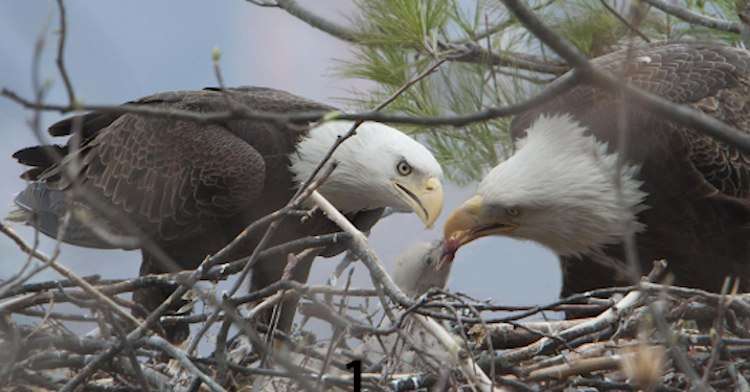
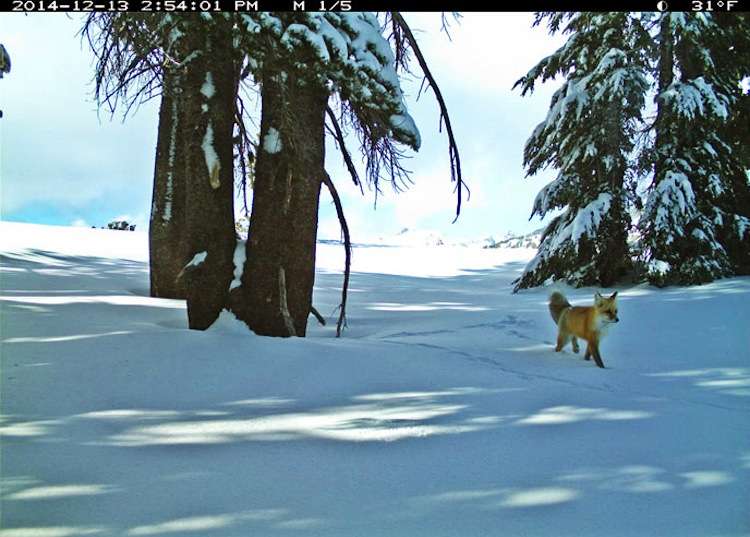
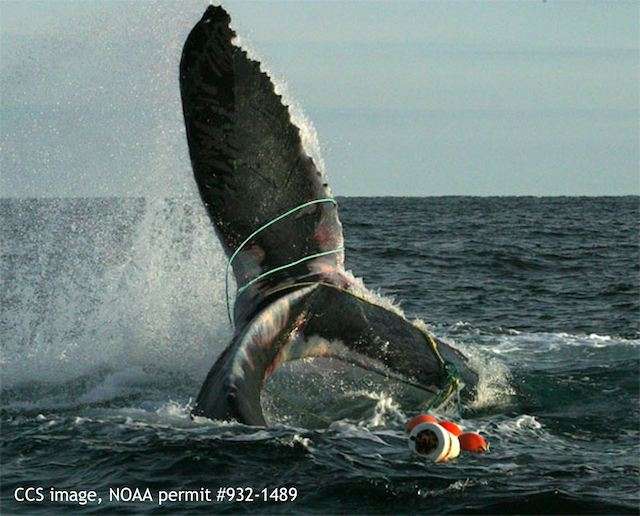
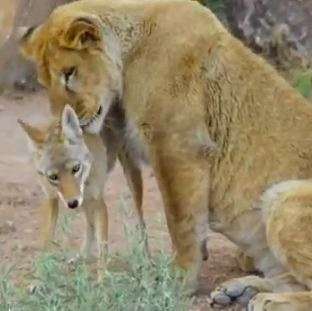
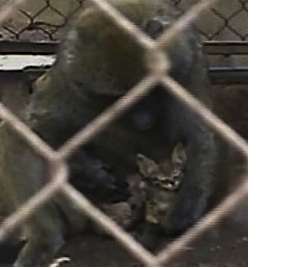
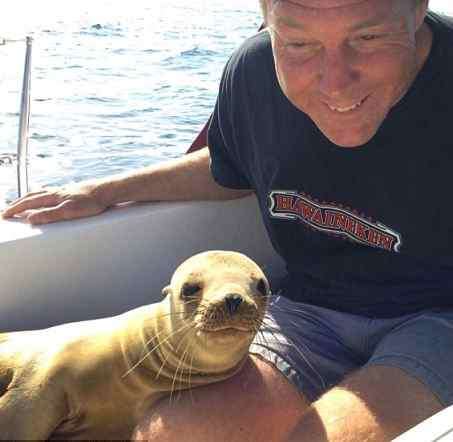


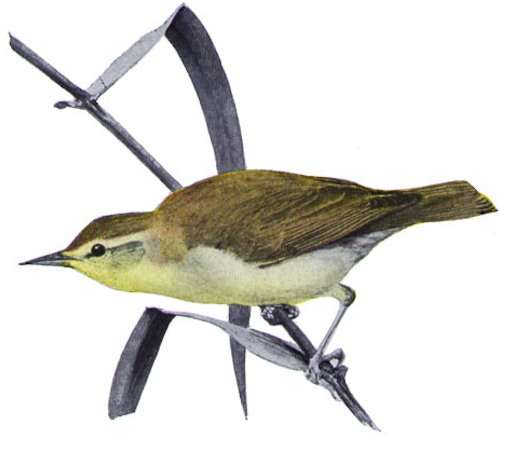
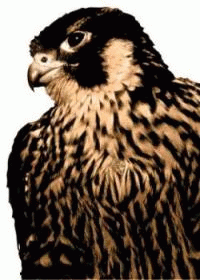

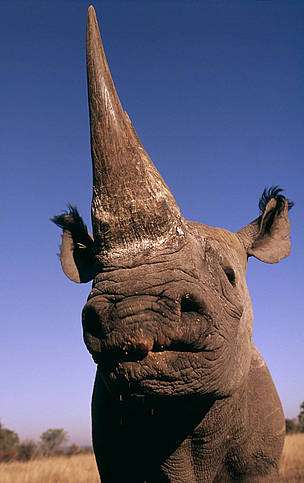
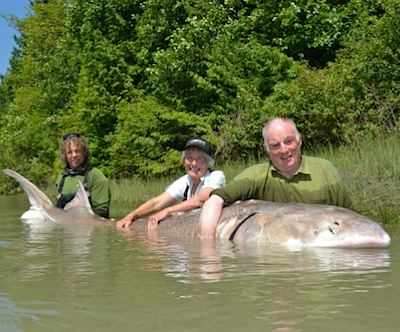

Recent Stories
A Heartfelt Reminder to Appreciate the Ones We Love
Cherish the Woman Who Stands by You
Breaking Generational Cycles of Pain
Living by Your Own Values, Not Others' Approval
When Life Brings Rain, It’s Okay to Rest
Before You Judge Someone's Life, Take a Moment to Walk in Their Shoes.
A Friend Who Spreads Gossip is Not a True Friend at All
The Value of Human Connection Over Digital Convenience
The Quiet Kind of Love
One Day, Your Mom Won’t Call You Anymore
I’ve reached a point in my life...
Happiness is a mindset, a conscious choice we make every day